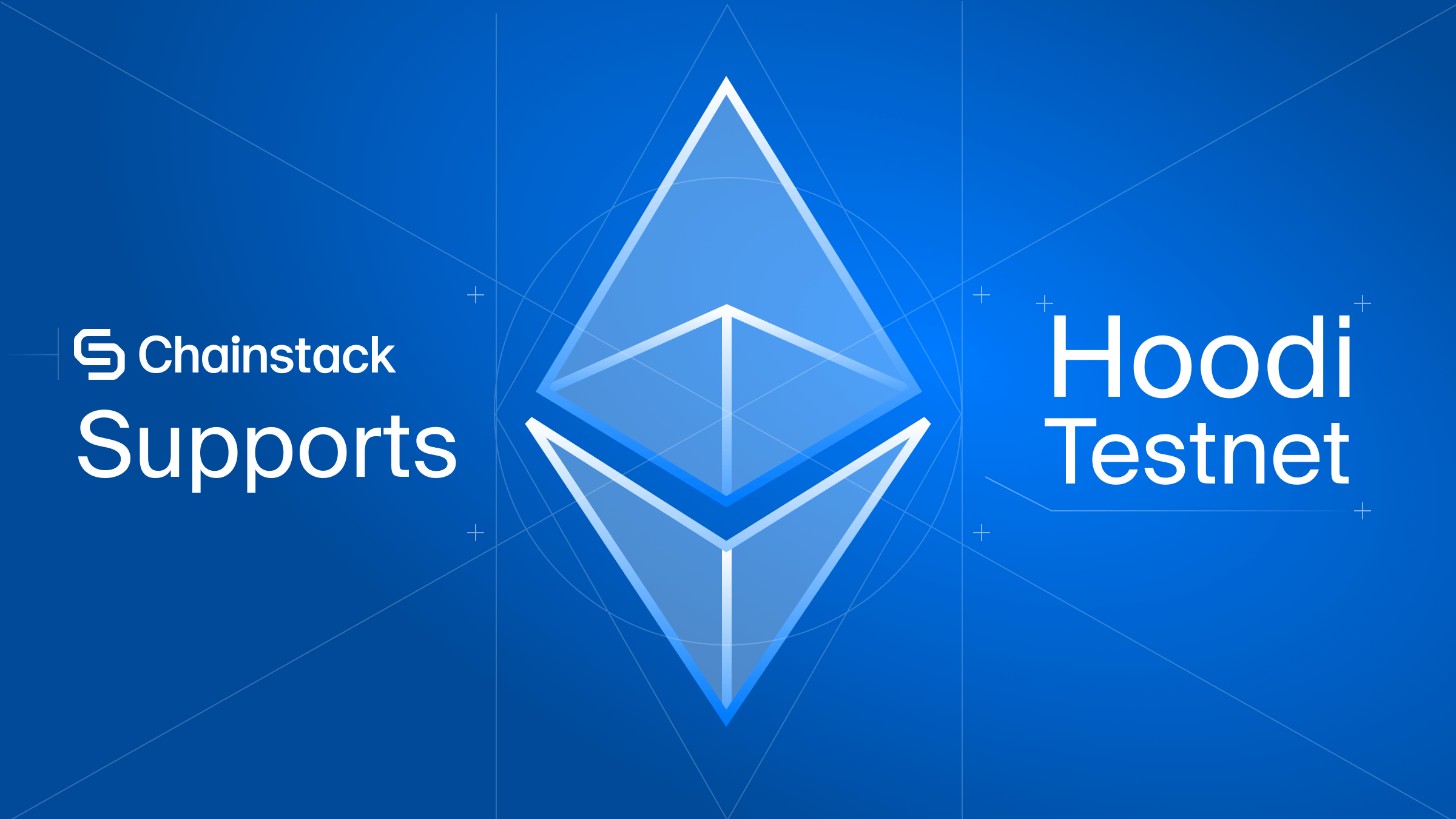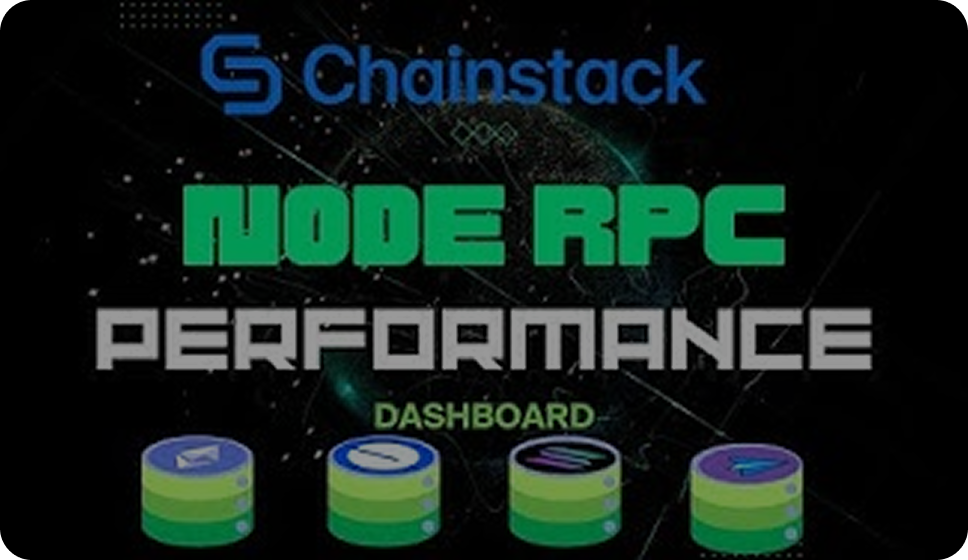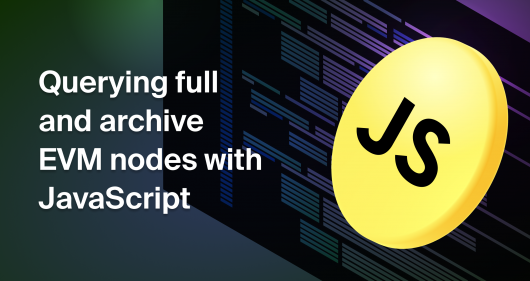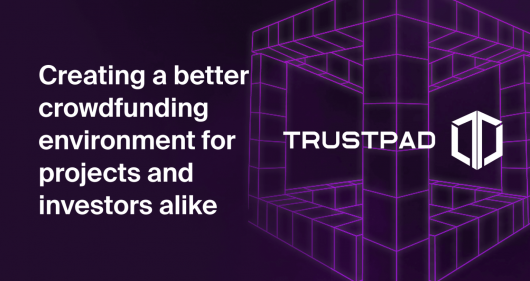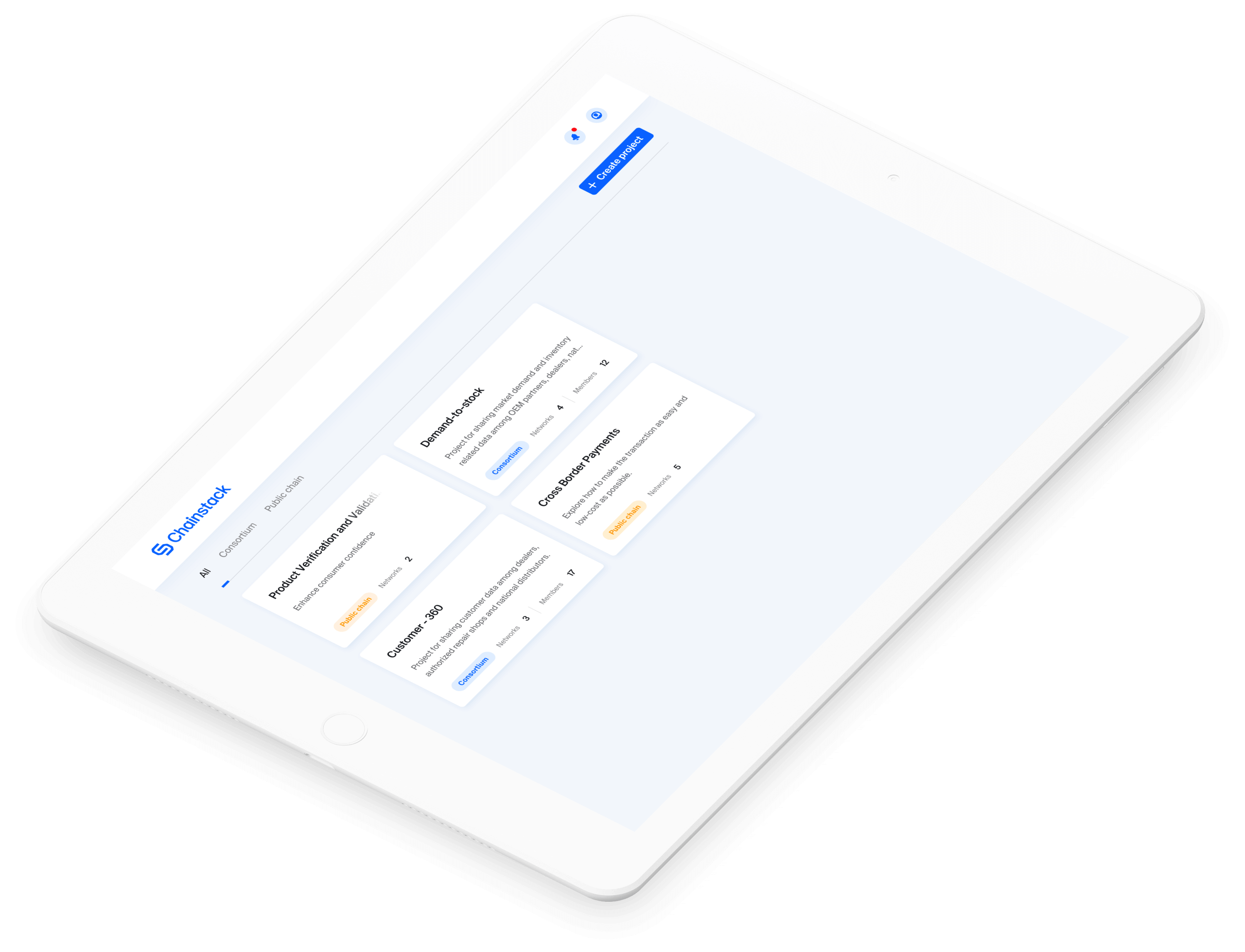Chainstack announces support for StarkNet
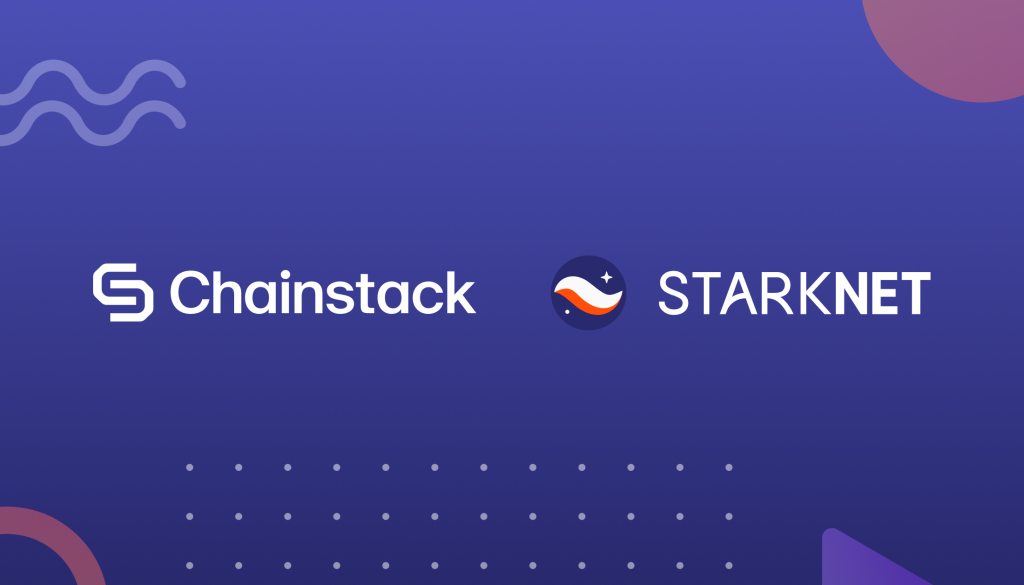
We are excited to support StarkNet—the very first L2 rollup protocol on Chainstack.
STARK, it’s in the name
STARK stands for Succinct Transparent ARgument of Knowledge and is a proof system invented at StarkWare. ZK-STARK, or a zero-knowledge STARK, is the core of the software stack of the products by StarkWare.
StarkEx is the first ZK-STARK product and is a permissioned standalone customizable scaling engine. It processes massive batches of transactions off-chain, and then sends a data update and a STARK proof to be accepted on Ethereum. StarkEx has been proven to successfully power the Web3, DeFi, and GameFi projects like ImmutableX, dYdX, Sorare, and DeversiFi, saving millions of USD worth in gas fees every week.
In other words, StarkEx is a single operator app-specific rollup.
StarkNet is the second ZK-STARK product and is a permissionless decentralized ZK-Rollup (or Validity Rollup).
The current StarkNet network is in alpha and has been live on Goerli testnet since June 2021, and it has been live on Ethereum mainnet and since November 2021.
From StarkEx to StarkNet
Started as a single-operator single-app zero-knowledge scaling engine (StarkEx) that has been successful for the Web3 applications, the knowledge protocol implementation has moved to the single-operator multi-app rollup with the launch of StarkNet Alpha.
In 2022, StarkNet is expected to open-source the engine to move on to the next implementation stage, which is a decentralized operators multi-app rollup to the Ethereum mainnet.
The StarkNet architecture
Currently, the StarkNet architecture consists of the following core components:
- Sequencer — a closed source component that decides what sequence of transactions will be included in the next block. The Sequencer sends the block to a Prover. This is done on L2.
- Prover — a closed source component that computes a proof of the L2 state and submits it to the Verifier. This is done on L2.
- Verifier — an open-source contract on Ethereum that verifies the proof.
A StarkNet full node
There is a read-only StarkNet full node implementation written in Rust by Equilibrium. The full node implementation is Pathfinder.
With the Pathfinder node, you get the following features on StarkNet:
- Access to the full StarkNet state history, including contract code and storage, and transactions.
- State verification using the L1 contracts.
- Calculation of the StarkNet state’s Patricia-Merkle Trie root on a block-by-block basis and confirmation of the root against L1.
- Ethereum-like RPC API.
- Ability to run StarkNet functions without requiring a StarkNet transaction—execution against the local state.
Building on StarkNet
The core language powering StarkNet and the contracts that you can deploy on StarkNet is Cairo.
Cairo is a Turing-complete production-ready language. See Cairo.
OpenZeppelin is implementing the standard battle-tested contracts that it is known for in Cairo.
OpenZeppelin is also building Nile—a development framework and a tool for StarkNet smart contracts in Cairo.
You can also use the StarkNet CLI to interact with StarkNet—from querying the network to compiling and deploying contracts and submitting transactions to the Sequencer.
The growing ecosystem
The StarkNet ecosystem is rapidly expanding, and there are weekly additions of new projects joining the party: bridges, DAO, DeFi, GameFi, Governance, Infrastructure (you are here with Chainstack), NFT, payments, tools, and wallets.
See:
StarkNet on Chainstack
Chainstack’s integration of StarkNet is an important step in supporting the explosive growth of the StarkNet ecosystem of DApps, services, users, and developers.
Chainstack is a leading provider of full-node services for blockchains. StarkNet’s partnership with Chainstack is an important step towards supporting the thousands of developers and billions of users we anticipate on StarkNet, the leading Validity Rollup on Ethereum. We are thrilled to embark on this joint collaborative journey that will improve StarkNet’s infrastructure.
Eli Ben-Sasson, co-Founder and President at StarkWare
How to use StarkNet on Chainstack
Log into the Chainstack console and deploy a node with a cloud provider and in the location that best suits your needs—such as latency considerations.
Be one of the earliest StarkNet adopters with Chainstack, start building today, and be among the first to win the users in the L2 wave of adoption that you know is coming and will be here before you know it.
Pricing
Thanks to its world-class engineering and lean infrastructure, Chainstack has a distinctive price advantage compared to other providers. This is reflected in the introductory pricing for StarkNet, which offers shared full nodes starting at $0/month on the Developer plan, along with 3M requests included.
Subscription tiers are well planned out to be highly cost-efficient, supporting all projects and use cases in different stages and types. The Growth plan provides 8M requests, and the Business plan provides 20M requests. Unlimited requests are available on all dedicated nodes deployed starting on the Business plan.
For all requests beyond those included in the plan, the price for the first 20M extra requests is $0.1 per 10K requests; then $0.05 per 10K requests. See also the full pricing information and a handy calculator.
Making the L2 rollups happen en masse
Chainstack is committed to delivering extremely powerful infrastructure solutions and addressing scalability issues with many protocols and chain types to make Web3 available to everyone.
StarkNet is the very first ZK-Rollup (aka Validity Rollup) supported by Chainstack, and it is exciting to be providing the infrastructure to the growing DApp and service ecosystem on the innovative L2 solution.
It’s amazing to see StarkNet and Equilibrium committing to the L2 ecosystem running on the zero-knowledge STARK protocol with enterprise-level infrastructure. These are very exciting times to be prepared to support the Cambrian explosion of DApps and services that about to happen. It’s a firehose of innovation.
Eugene Aseev, Founder and CTO of Chainstack
Chainstack’s enterprise-grade, easy-to-use infrastructure, tools, and services enable developers and project teams to focus on developing breakthrough blockchain solutions and apps by reducing friction and improving operational operations.
- Discover how you can save thousands in infra costs every month with our unbeatable pricing on the most complete Web3 development platform.
- Input your workload and see how affordable Chainstack is compared to other RPC providers.
- Connect to Ethereum, Solana, BNB Smart Chain, Polygon, Arbitrum, Base, Optimism, Avalanche, TON, Ronin, zkSync Era, Starknet, Scroll, Aptos, Fantom, Cronos, Gnosis Chain, Klaytn, Moonbeam, Celo, Aurora, Oasis Sapphire, Polygon zkEVM, Bitcoin and Harmony mainnet or testnets through an interface designed to help you get the job done.
- To learn more about Chainstack, visit our Developer Portal or join our Discord server and Telegram group.
- Are you in need of testnet tokens? Request some from our faucets. Multi-chain faucet, Sepolia faucet, Holesky faucet, BNB faucet, zkSync faucet, Scroll faucet.
Have you already explored what you can achieve with Chainstack? Get started for free today.
 Ethereum
Ethereum Solana
Solana TON
TON Base
Base BNB Smart Chain
BNB Smart Chain Sui
Sui Unichain
Unichain Aptos
Aptos TRON
TRON Ronin
Ronin zkSync Era
zkSync Era Sonic
Sonic Polygon
Polygon Gnosis Chain
Gnosis Chain Scroll
Scroll Avalanche Subnets
Avalanche Subnets Polygon CDK
Polygon CDK Starknet Appchains
Starknet Appchains zkSync Hyperchains
zkSync Hyperchains











